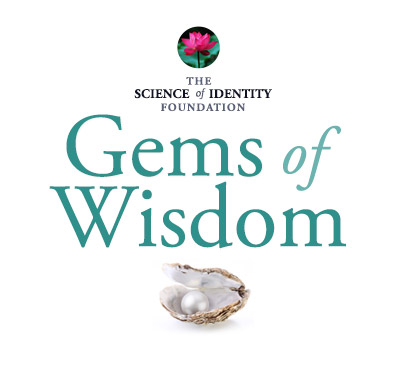Siddhaswarupananda Paramahamsa books & teachings & lectures
Insights From The Vedas
Srila Bhaktisiddhanta Saraswati (1874 – 1937), was a prominent guru and spiritual reformer of Gaudiya Vaishnavism in the early 20th century in India. He received both Western and traditional Indian education and gradually established himself as a leading intellectual among the residents of colonial Calcutta, earning the title Siddhanta Sarasvati ("the pinnacle of wisdom") while still a teenager. His command of Bengali, Sanskrit and the English language was quite extraordinary.
The following articles are written in very concise and profound English common to philosophical and scientific publications from that time period, but which may be difficult reading for people of the current era.
Selected articles from the magazine
SREE SAJJANA-TOSHANI or THE HARMONIST
Edited by Paramahamsa Paribrajakacharyya
Sri Srimad Bhakti Siddhanta Saraswati Goswami Maharaj
Published between 1927 - 1936
